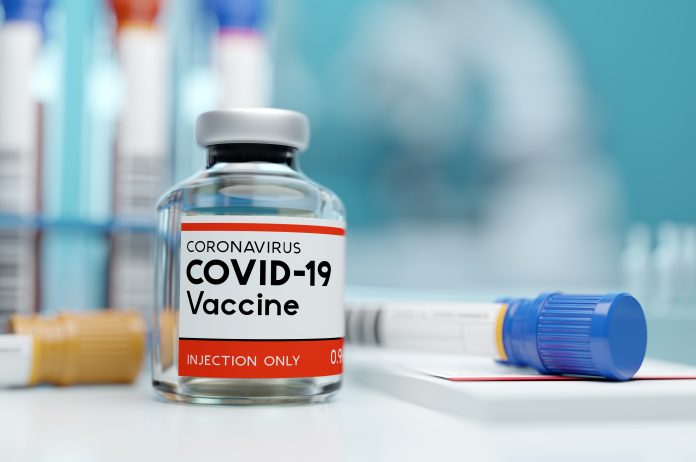Study reveals that patients waiting for elective surgery should get Covid-19 vaccines ahead of the general population – potentially helping to avoid thousands of post-operative deaths linked to the virus.
Over 15,000 surgeons and anaesthetists from across 116 countries came together to contribute to this study, making it the largest ever scientific collaboration.
“It’s crucial that policy makers use the data we have collected to support a safe continuation of elective surgery; Covid vaccination should be prioritised for elective surgery patients ahead of the general population,” says Australian co-lead author of the study Dr Jess Vo, from the University of Western Australia.
The study reveals that between 0.6% and 1.6% of patients develop Covid-19 infection after elective surgery. Patients who develop Covid-19 infection are at between four- and eight-fold increased risk of death in the 30 days following surgery. For example, whereas patients aged 70 years and over undergoing cancer surgery would usually have a 2.8 per cent mortality rate, this increases to 18.6 per cent if they develop Covid-19 infection.
Based on the high risks that surgical patients face, scientists calculate that vaccination of surgical patients is more likely to prevent Covid-19 related deaths than vaccines given to the population at large – particularly among the over-70s and those undergoing surgery for cancer. For example, whereas 1,840 people aged 70 years and over in the general population need to be vaccinated to save one life over one year, this figure is only 351 in patients aged 70 years and over having cancer surgery.
Overall, the scientists who include Royal Australasian College of Surgeons (RACS) Fellows and Trainees estimate that global prioritisation of pre-operative vaccination for elective patients could prevent an additional 58,687 Covid-19-related deaths in one year.
This could be particularly important for low- and middle-income countries (LMICs) where mitigation measures such as nasal swab screening and Covid-free surgical pathways, which can reduce the risk of complications related to the virus, are unlikely to be universally implemented.
The COVIDSurg Collaborative international team of researchers, led by experts at the University of Birmingham, has published its findings in BJS (incorporating the British Journal of Surgery and the European Journal of Surgery), after studying data for 141,582 patients from across 1,667 hospitals in 116 countries – including Australia, Brazil, China, India, UAE, UK and USA, creating the world’s largest ever international study on surgery.
“Preoperative vaccination could support a safe continuation of elective surgery by significantly reducing the risk of Covid-19 complications in patients if a significant outbreak occurred in Australia while they are being prepared for surgery,” says Australian Project lead, Associate Professor Amanda Dawson, a RACS Fellows and general surgeon from the University of Newcastle, NSW.
“Many countries, particularly low- and middle-income countries, will not have widespread access to Covid vaccines for several years. While vaccine supplies are limited, governments are prioritising vaccination for groups at highest risk of Covid-19 mortality. Our work can help to inform these decisions.”









